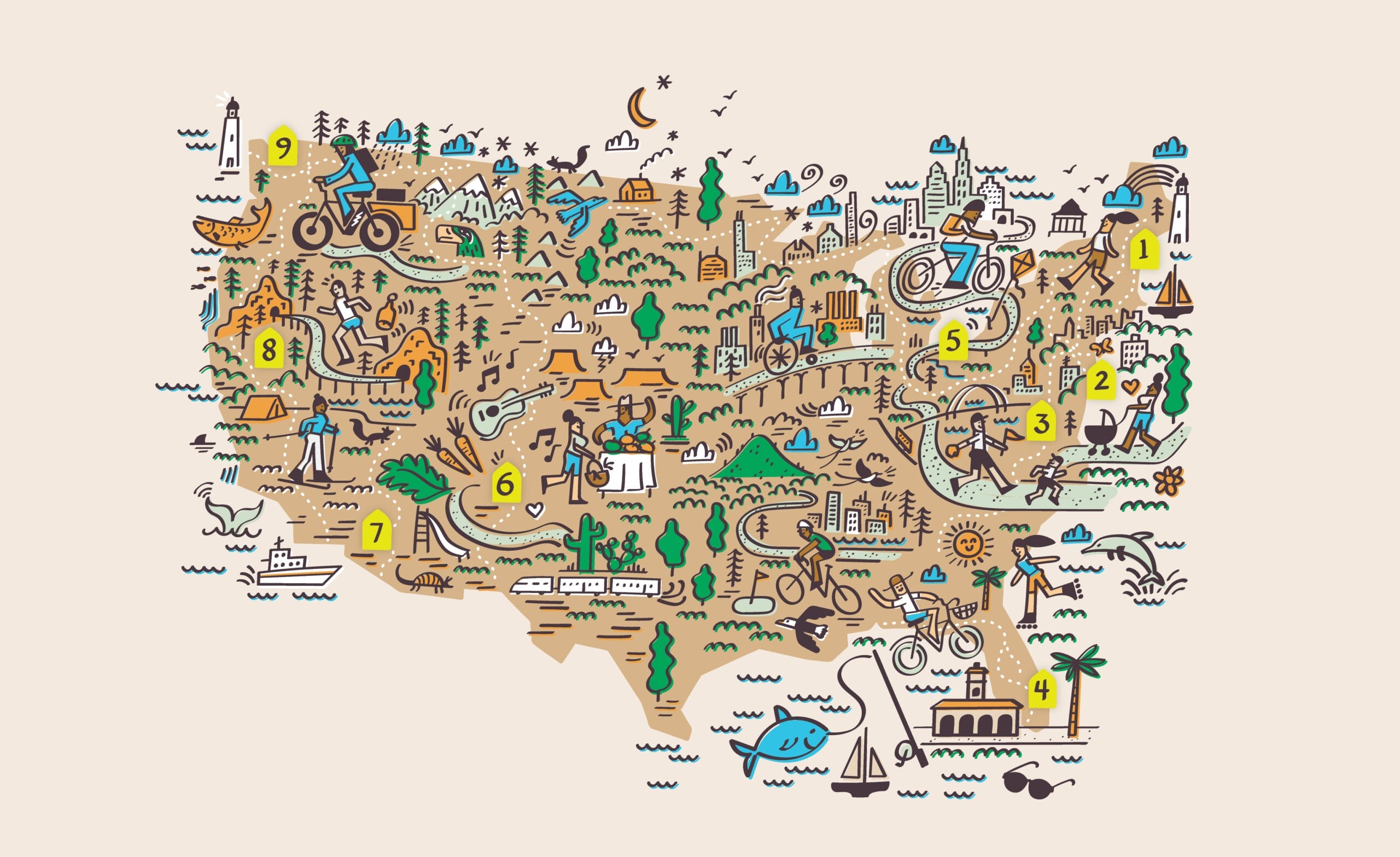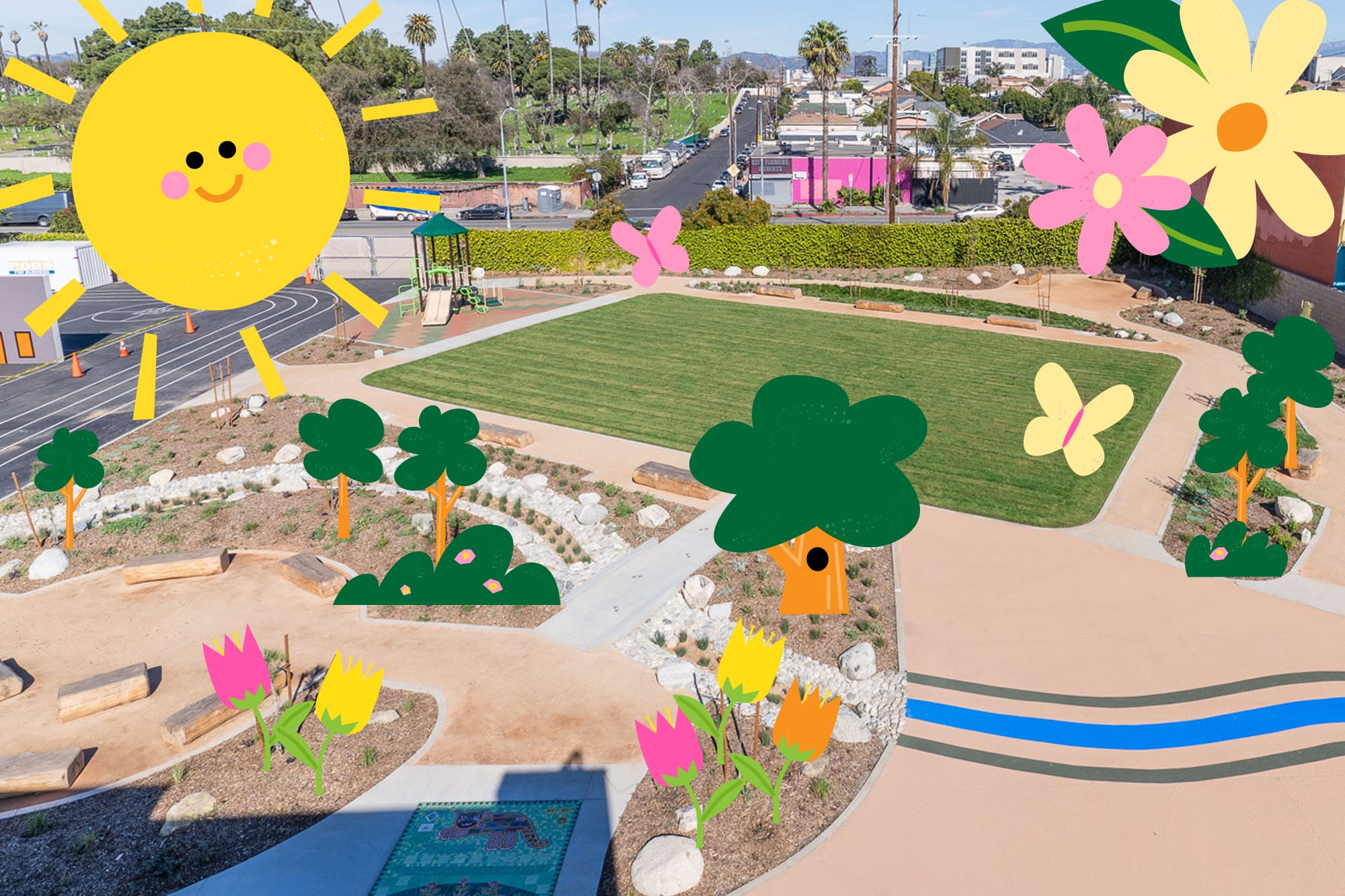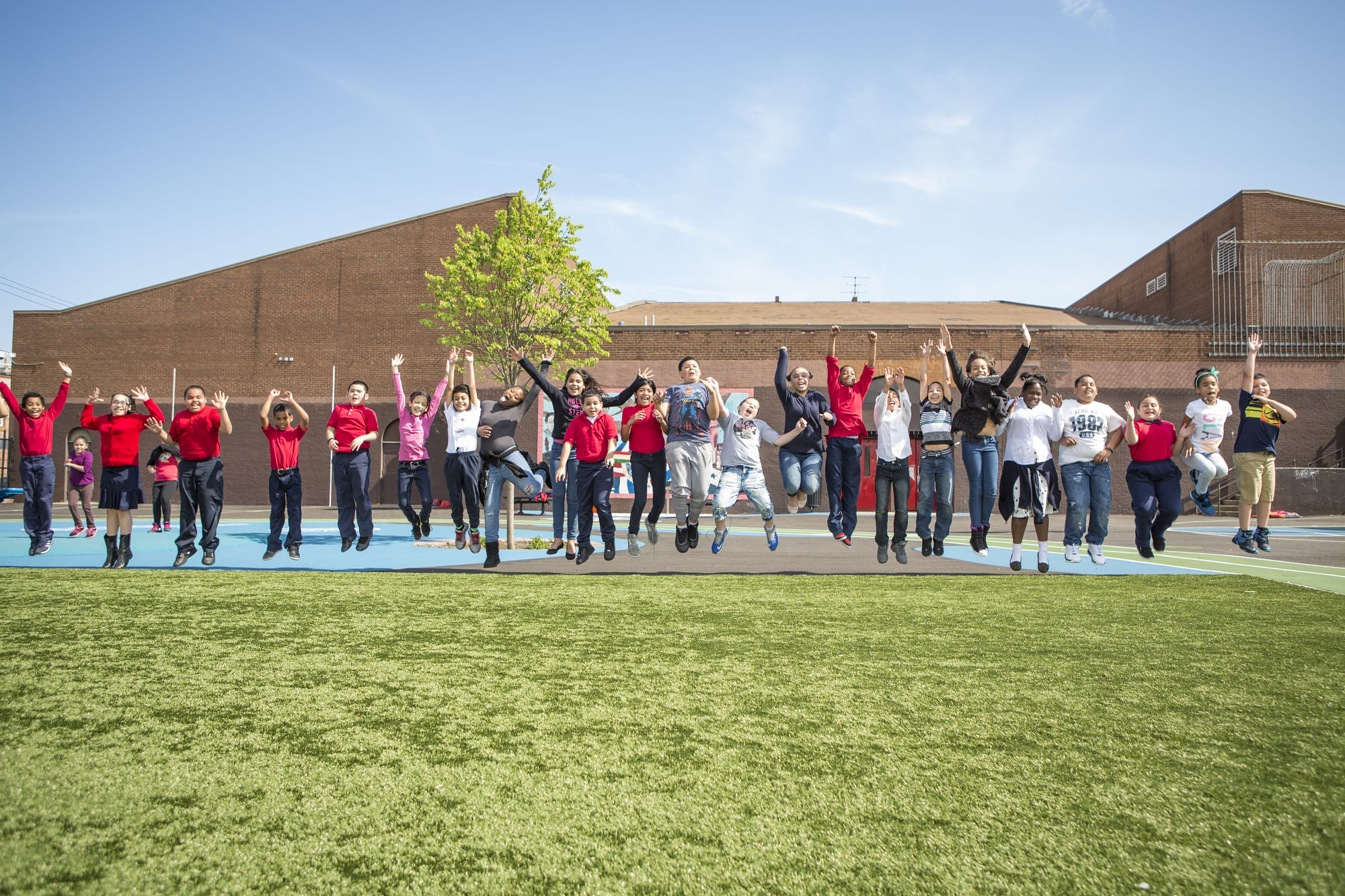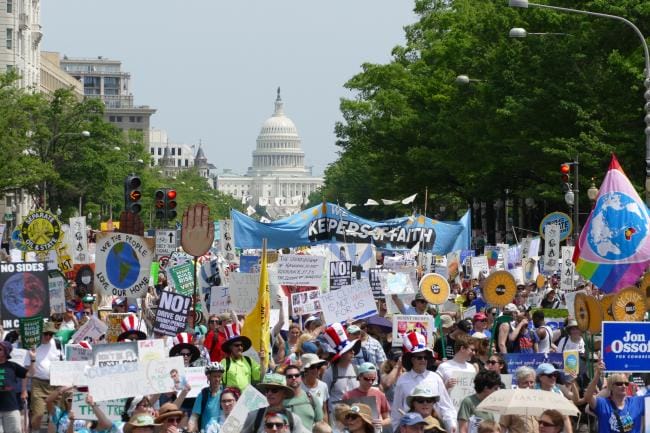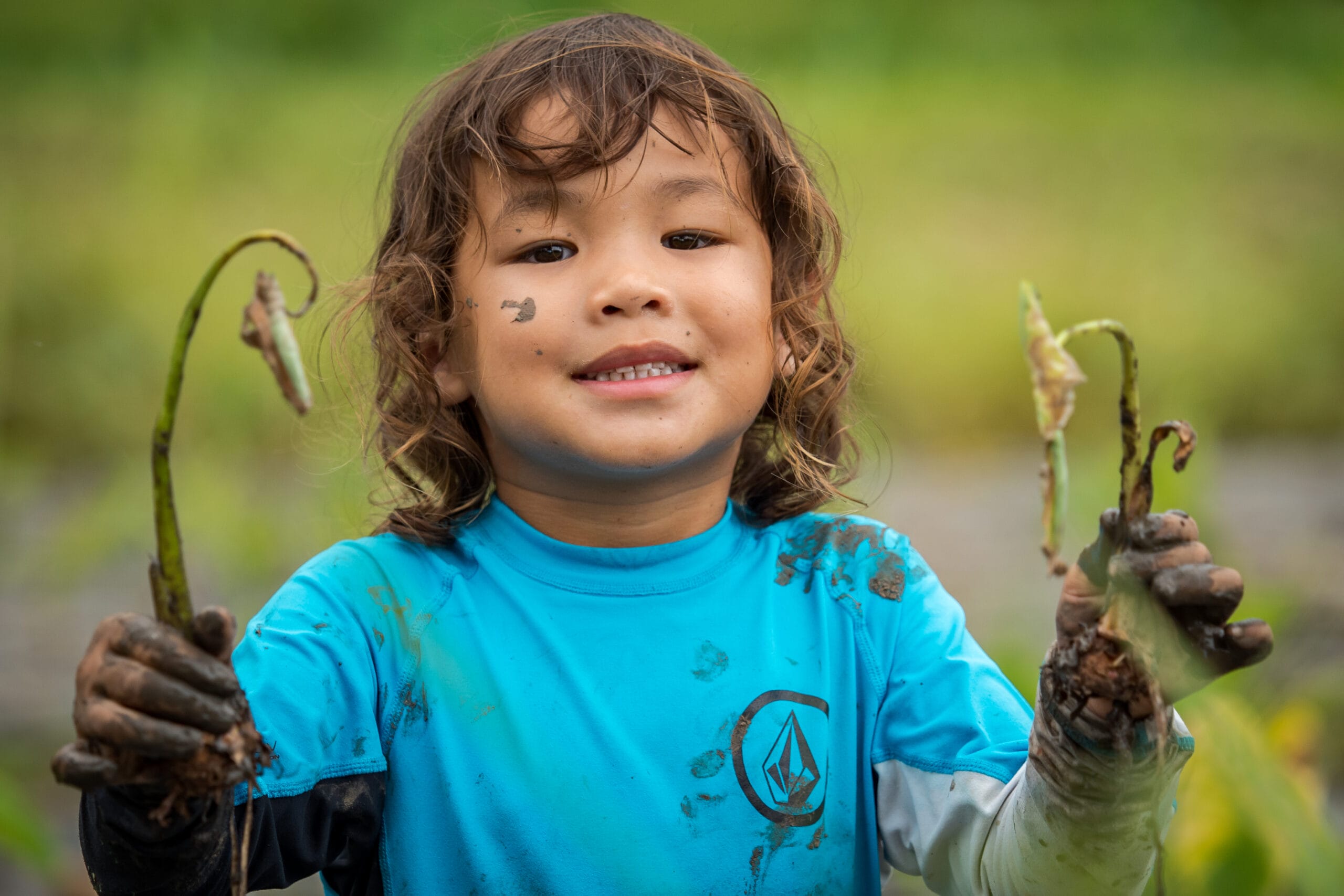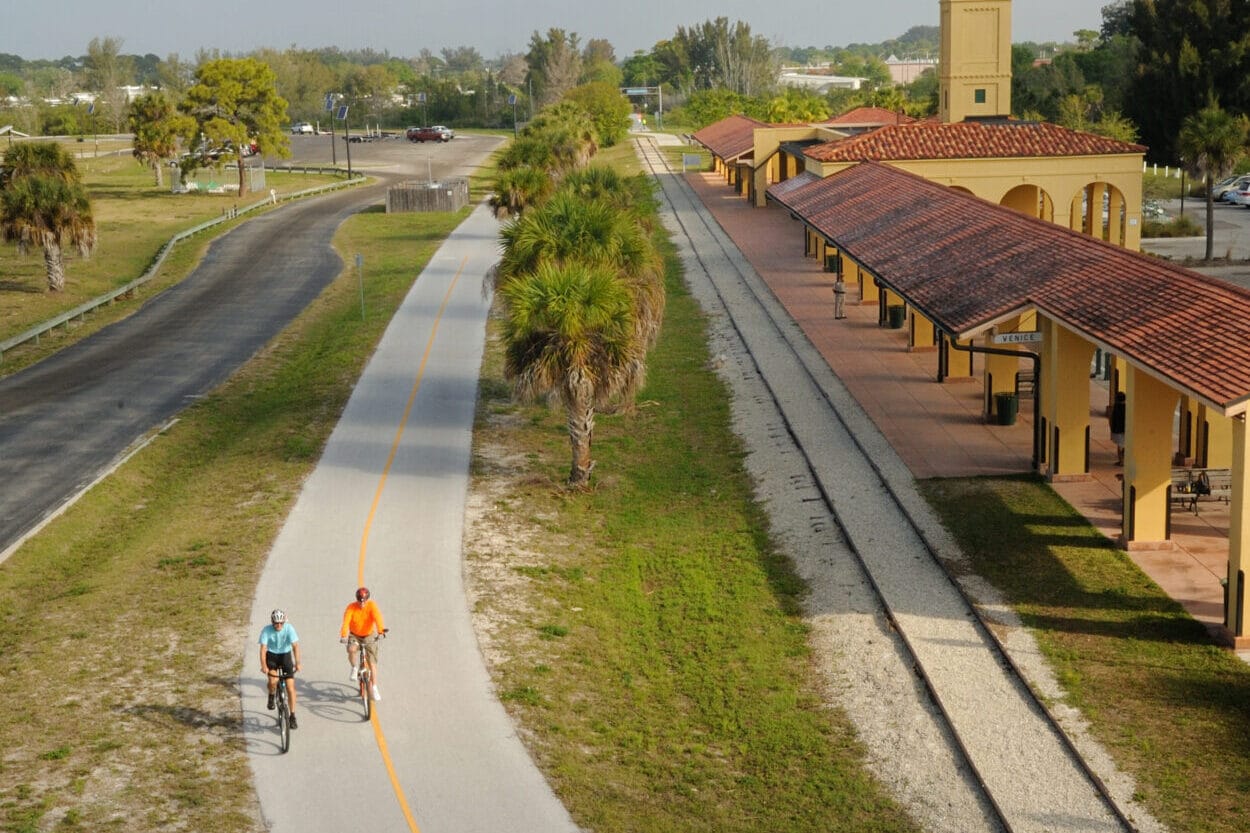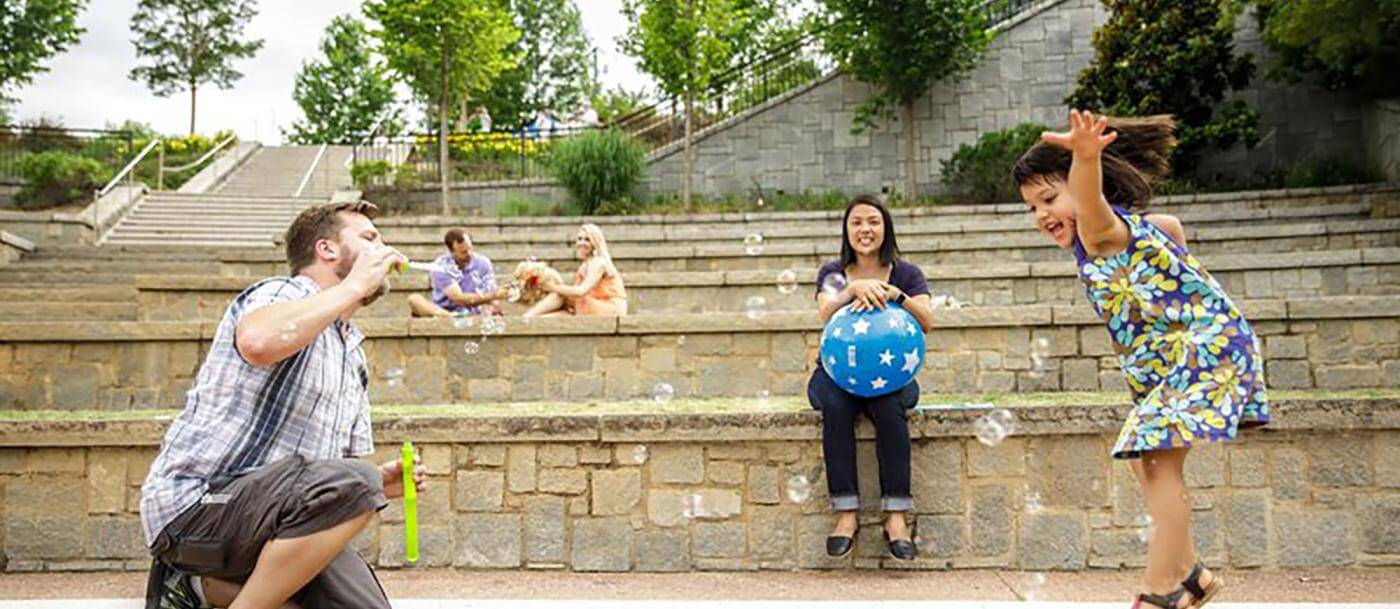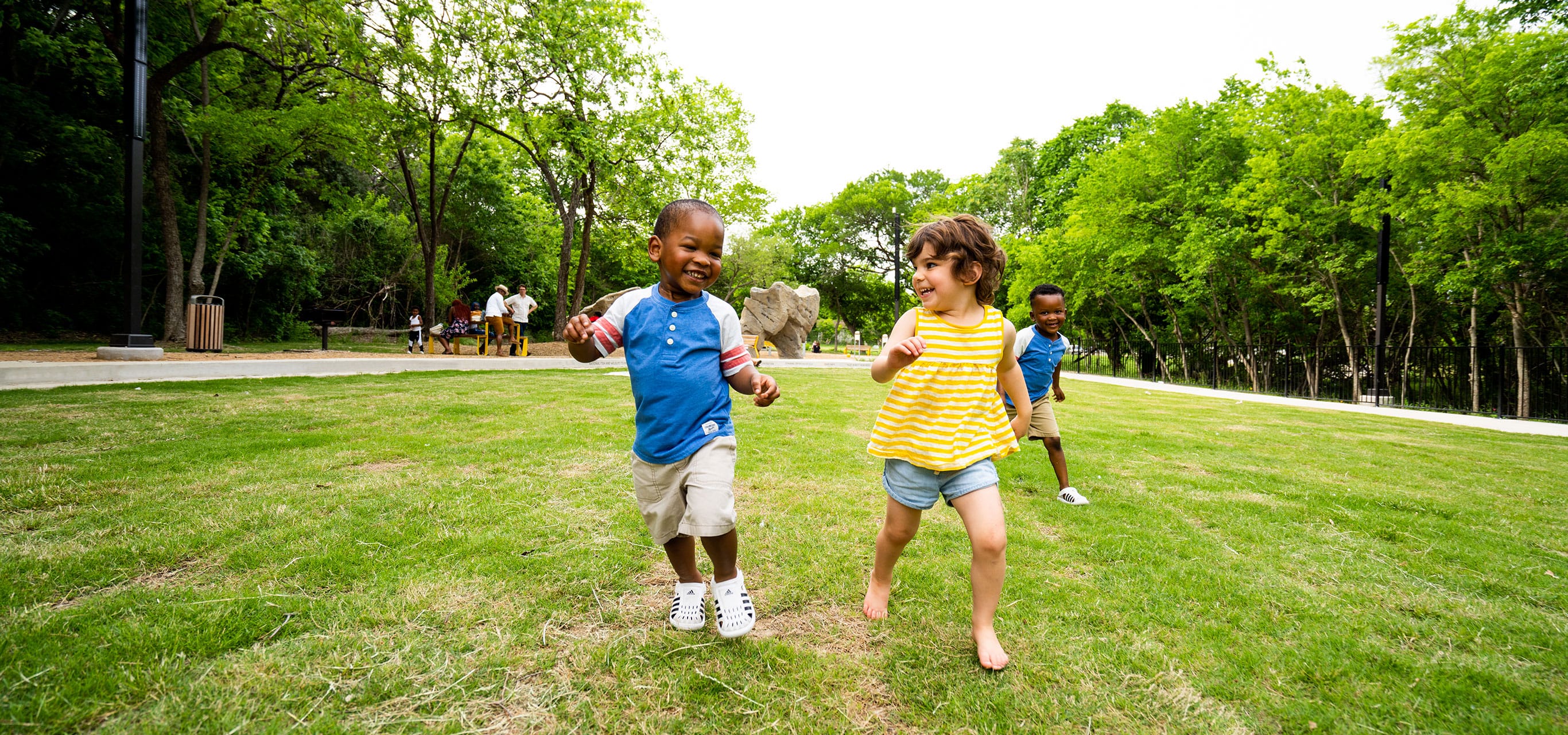
#OurLand: Little league, big dreams
#OurLand: Little league, big dreams
Happy opening day, baseball fans! Here at Trust for Public Land blog headquarters, we’re wondering how this season could possibly top last year’s. Not only did we get to cheer on our hometown San Francisco Giants as they took the 2014 World Series, we watched Mo’ne Davis—a 13-year-old with a 70-mph fastball—make history as the first girl to pitch a Little League World Series shutout.
With a Sports Illustrated cover, Disney biopic, and her own charity sneaker line, Davis has become a Little League legend and an inspiration to kids around the world. But Taney Dragons coach Alex Rice says despite the international attention, she’s still a proud Philly local. We chatted with Rice about the team’s remarkable 2014 season—and the Philadelphia city parks where Mo’ne got her start.
Congratulations on the amazing 2014 season! Can you share a favorite moment?
There were so many! I’ll always remember when we clinched the Mid-Atlantic Championship and realized we had punched our ticket to play in the Little League World Series. The Taney Baseball Association is an all-volunteer youth baseball league, mainly coached by parents of players. Celebrating with the families and kids—my son included—was so special.
What do kids learn from playing baseball?
Being part of a team stresses character development and teaches kids about working toward a common goal. They learn how to deal with failure and how to be a good sport while respecting the game, their team, their opponents, the coach, and themselves. Baseball should teach you how to lose gracefully and conduct yourself in a positive manner. But first and foremost, kids gain wonderful memories of their time on the field.
How did Mo’ne join the Dragons?
Steve Bandura has been Mo’ne’s coach and mentor since she was six years old. He’s a passionate advocate for youth here in inner-city Philly, and works to provide underserved kids with opportunities they might not otherwise have.
Two years ago, we were sitting together in his office saying “Can you imagine if Mo became the first African-American girl to stand on the mound at Lamade Stadium in Williamsport?” You have to understand, Lamade is sacred—hallowed ground in baseball. We both thought it would be incredible to see Mo’ne dominate the game with the whole world watching. It’s still hard to believe that’s exactly what happened.
What was it like coaching her?
Mo’ne is truly amazing. She got an extraordinary amount of publicity—between making the cover of Sports Illustrated to having her jersey hung in the Cooperstown Hall of Fame. She was the first girl in Little League World Series history to win a game as a pitcher. She was the first girl to pitch a complete game and to pitch a complete game shutout. That’s a lot of firsts. But Mo’ne herself is always the first to point out that none of this would have happened without the other kids.
Has your team’s success encouraged more kids to try out for the Dragons? Are you seeing a “Mo’ne effect”?
Definitely. When our league started, it was small, but we’ve grown every year. We have over a thousand families now, and each year we’re welcoming more kids across the socioeconomic spectrum. We expect to have more girls, too.
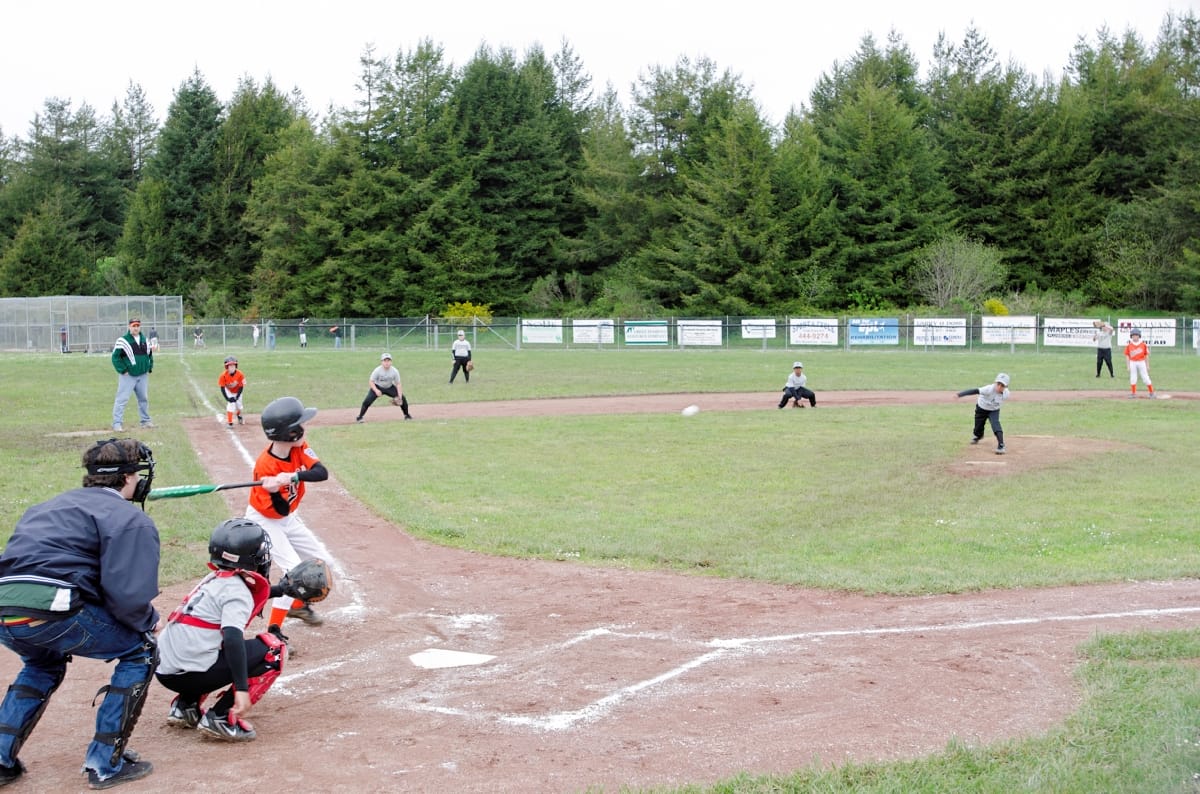
Are there challenges with that kind of growth?
The problem for us is finding places to play. We play on fields at recreation centers in neighborhoods throughout Philadelphia. It’s a bit of a reach to call them baseball fields—they aren’t like the facilities in the suburbs. There are no grass infields and no mounds, just an open expanse—it’s very bare-bones.
Lately we’re having to turn kids away because we don’t have enough play space. Also, safety at existing fields is an issue. Two fields that we’re permitted to use are located in run-down parks where we just don’t feel safe sending families. So, we have a wait-list for registration, and there are a lot of children who aren’t able to participate.
What will happen to those kids?
There’s a chance they could find baseball in other areas of Philly or outside the city, but most likely, those kids will lose out. Part of the great thing about a city league is getting to play with your friends from the neighborhood. Kids whose parents live and work in the city aren’t able to go farther away to play. The lack of fields and funds really limits us from involving more of the underserved kids.
It’s a shame, because you never know where the next Mo’ne is going to come from. Everyone would have missed out if she hadn’t been able to play.
What do Philadelphia parks mean for you and your family?
If we didn’t have open space here in downtown—the parks and recreation centers—we wouldn’t live in the city. We’d want to move, there’s no question. We’re happy without having a backyard to catch in as long as we can walk to a park. At the park, we inevitably run into new and old friends. In that way it’s even better than a backyard.
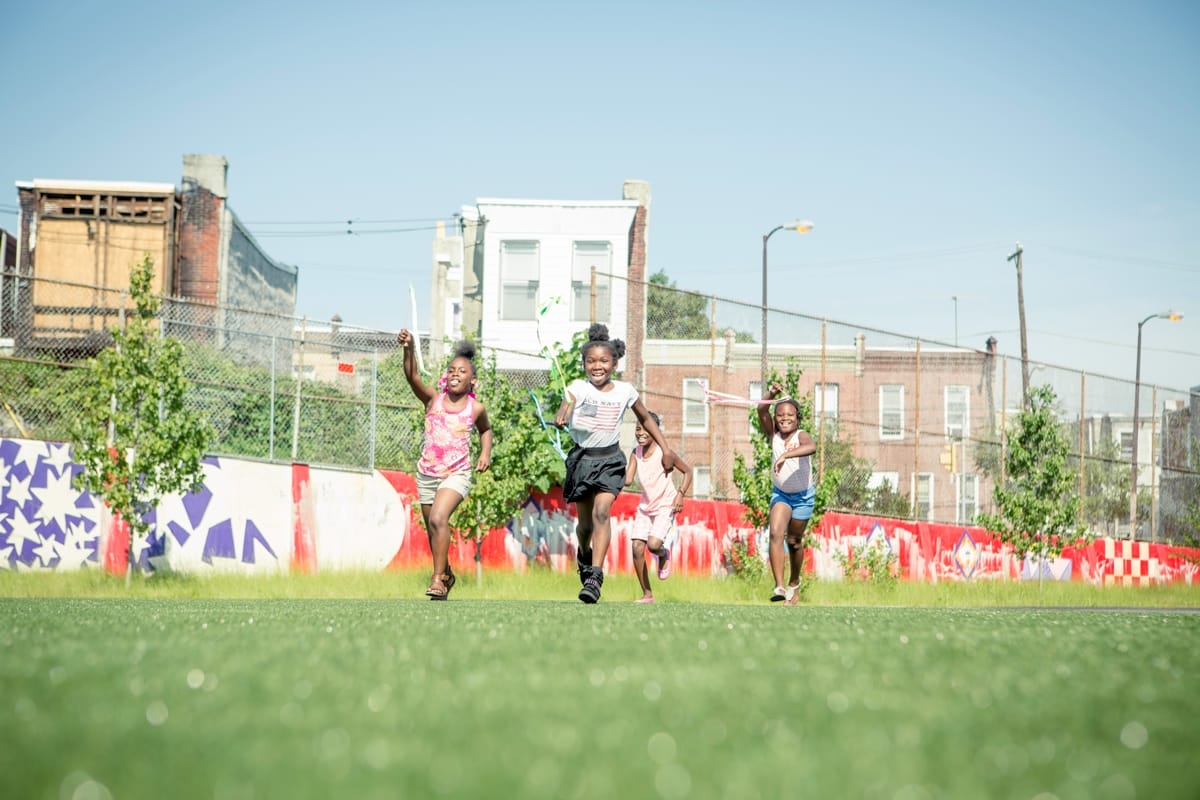
At The Trust for Public Land, we believe every kid needs close-to-home places to play. That’s why we’re working to put a park within a 10-minute walk of every American. You can help: visit tpl.org/ourland and share why nature matters to you!
One-third of Americans, including 28 million children, lack safe, easy access to a park within a 10-minute walk of home. Urge your senators to allocate funding to create parks and enhance outdoor recreational opportunities by championing the Outdoors for All Act today!
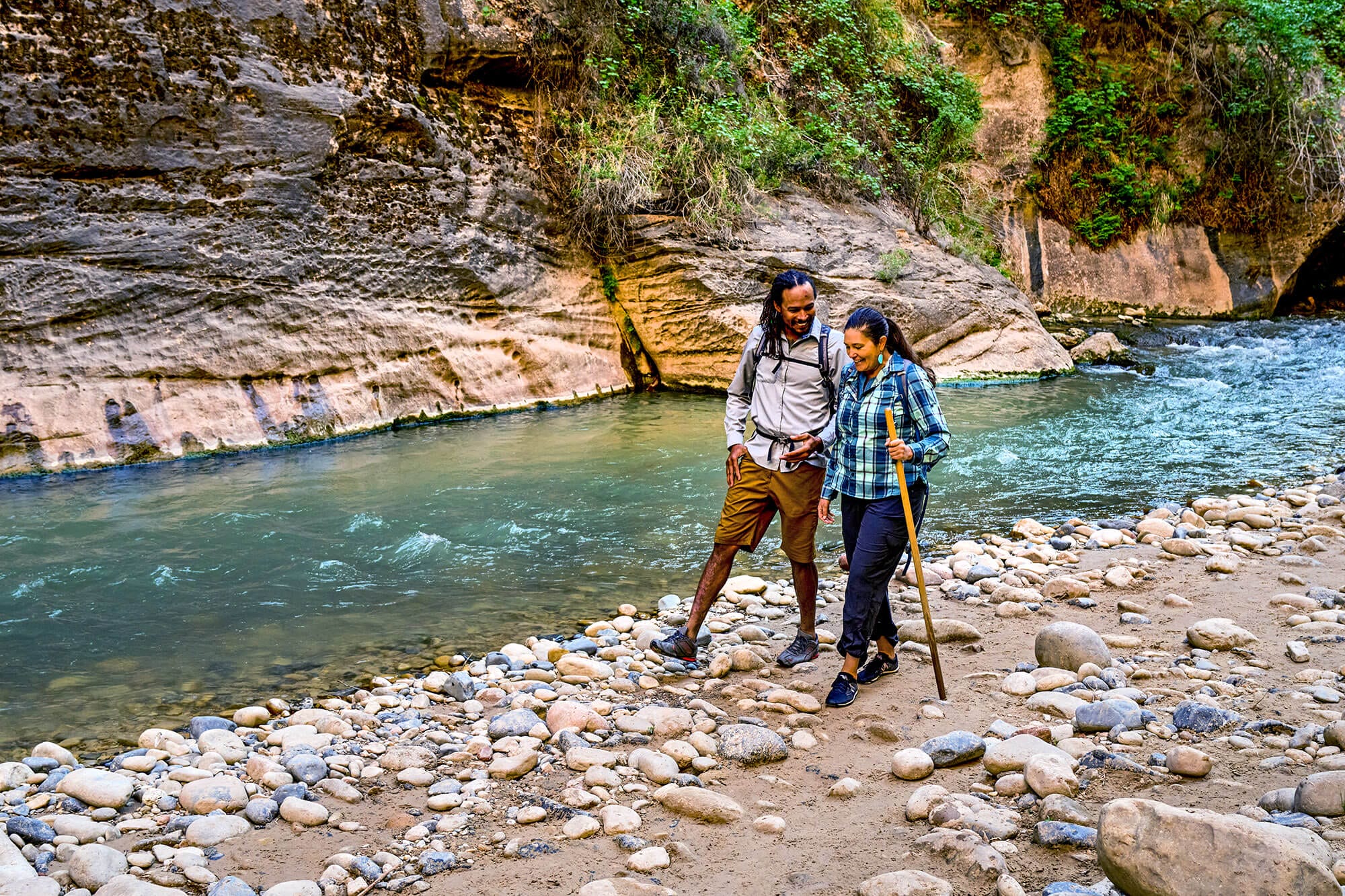

Donate to become a member, and you’ll receive a subscription to Land&People magazine, our biannual publication featuring exclusive, inspiring stories about our work connecting everyone to the outdoors.
See how our supporters are helping us connect people to the outdoors across the country.


